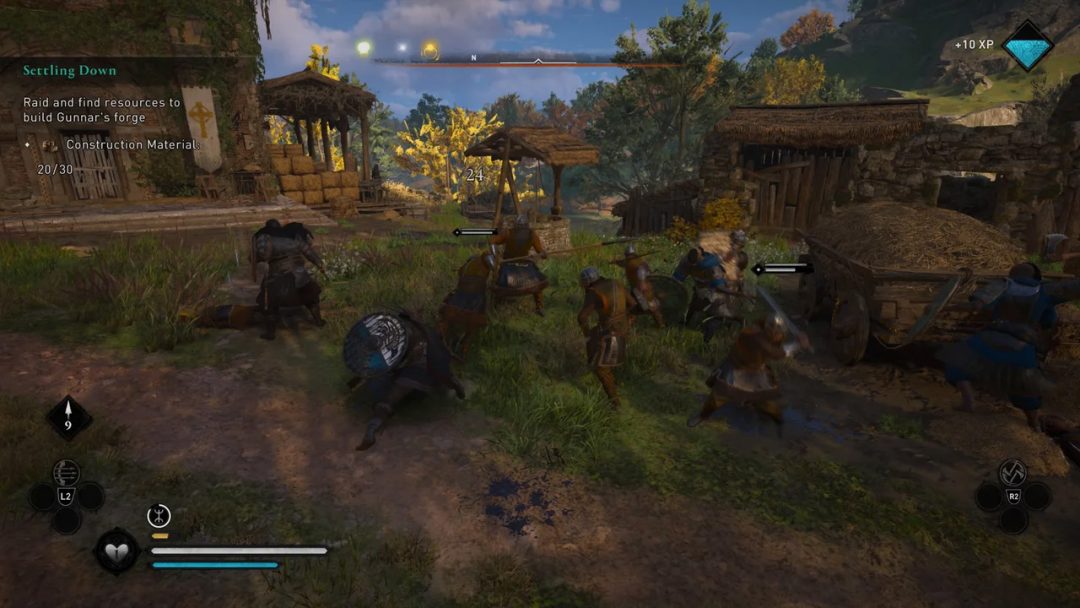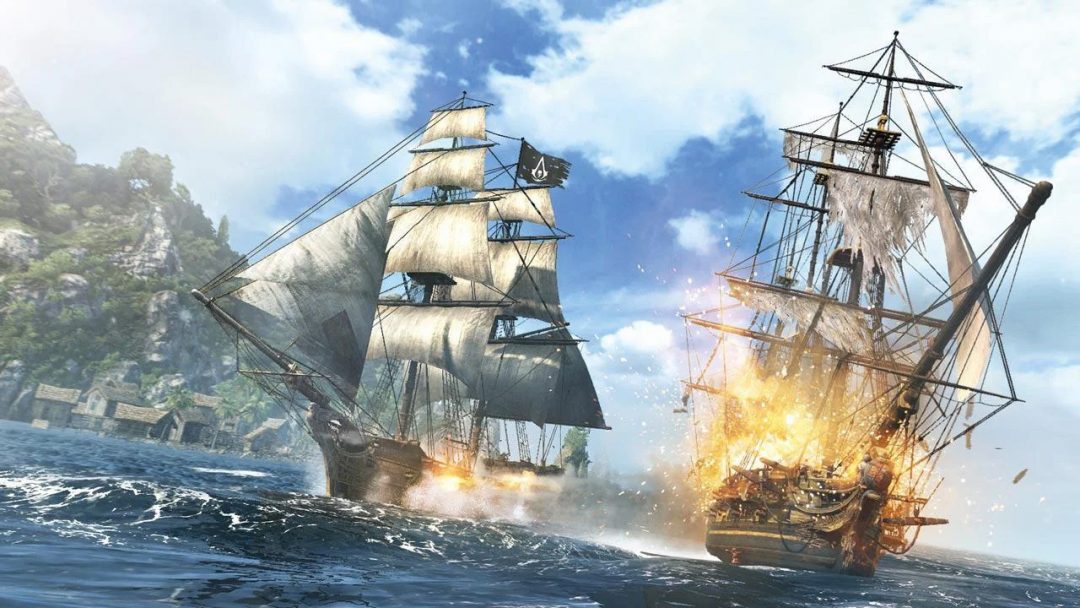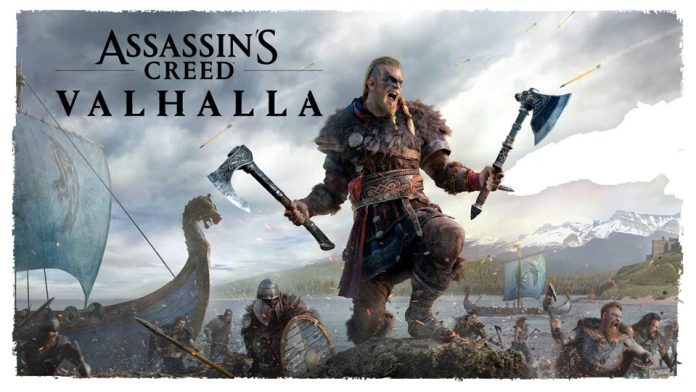Thursday marks the two-year anniversary of the release of Assassin’s Creed Valhalla. Ubisoft is set to release the final DLC for game sometime soon.
Despite earning over $1 billion in revenue, Valhalla is plagued with tedious gameplay, repetitive mission structure, and a prolonged drawn-out story that leaves players begging for the end just to see how this monotonous mess of a video game concludes.
The much anticipated Viking fantasy was sure to stir up some controversy within the community of one of the most popular video game franchises of all time. Valhalla continues AC’s shift from a stealth-based, action-adventure game to a full-blown open world role playing game, leaving a sour taste in the mouths of many fans of the older games.
Putting aside that an Assassin’s Creed game not centered around the ‘Assassin’s Creed’ is like having a FIFA game not centered around soccer, Valhalla fails in comparison to previous titles from a gameplay perspective as well.
The combat – although improved from the laughable ragdoll physics of Assassin’s Creed Odyssey – still feels stale, as if you’re fighting the hollow void of a human shaped punching bag rather than an actual virtual opponent. It’s too easy, even on the hardest difficulty. It ends up becoming a button mashing fiasco until all the enemies are dead.
Assassin’s Creed combat was never meant to be too challenging. After all, it was a stealth-based game. The combat acted as a last resort and immersed the player into the body of a highly trained, skilled fighter. When playing as a Viking, stealth doesn’t fit, which is likely why any of the existing stealth mechanics are very bare-bones and feel unfinished.
One of the biggest selling points of Valhalla is the ability to live the Viking fantasy in ninth century England: a key part of that Viking fantasy…raids.
Raiding in Valhalla falls victim to the same repetitiveness and tedium as the rest of the game. It’s fun and exciting at first but after a bit it, becomes clear every raid is almost the exact same. Every monastery Eivor and her clan loot have the same supplies and the same reskinned armor and weapons, which have no noticeable effect on gameplay.
Compared to the pirate ship battles in Assassin’s Creed IV: Black Flag, the raids are shallow. The gameplay elements were similar, as they both allowed the player to live out a fantasy, Black Flag’s fantasy being pirates.
The difference is the depth put into the battles themselves.
Black Flag had a variety of different ships you could attack, each with a unique set of loot and, since the ships were randomly generated and not in one static location, a new strategy needed to defeat them.
Keep in mind this careless gameplay padding is by design.
Ubisoft waited until after the initial reviews were published before adding their favourite microtransaction to the game: XP boosts. This way they were able to avoid the criticism that their soulless humdrum gameplay loop was done on purpose with the intention of compelling players to buy the XP boost with real life money so they can ‘save time’ and hurry to the end.
The fact Ubisoft is selling you something that allows you to play less of their game should be a major red flag, and the fact players would even want to buy it says a lot about how fun this game actually is to play.
Any Valhalla review would be remiss if it didn’t mention the brilliant writing by narrative director and lead writer Darby McDevitt.
The writers were able to revive the long-neglected, modern-day storyline and connect it back to previous games with an intriguing and satisfying ending. However, fans are probably better off reading a synopsis or watching a video summary than spending $80 and forcing themselves through the grueling 60-hour saga.
Sure, the story arcs could’ve been shorter but that’s no way to coerce people into buying those XP boosts.
The financial success of Assassin’s Creed Valhalla, and Ubisoft’s admiration for their repulsive business practices has to leave one worried about the future of this franchise. Will the developers be free to design a game they’re passionate about, or will they be forced dump out a mediocre product with one goal: making profit?
At this point, it’s hard to believe anything Ubisoft says.




